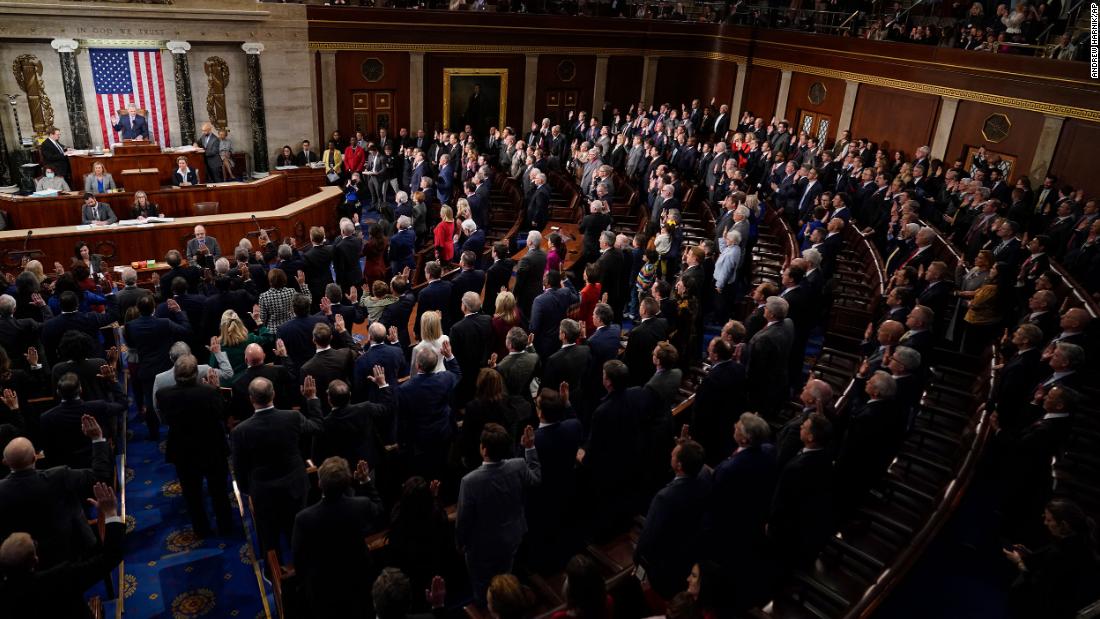The White House has issued its first veto threat of the new Congress, targeting a House Republican bill that would rescind funding allotted to the Internal Revenue Service (IRS) in the Inflation Reduction Act. The administration has stated that the bill would increase the deficit by nearly $115 billion over 10 years, and enable wealthy tax cheats to engage in additional tax fraud and avoidance.
House Speaker Kevin McCarthy, shortly after taking the gavel early Saturday morning, said that the first bill of the new Congress would repeal the funding for 87,000 new IRS agents. He stated that the GOP believes “government should be to help you, not go after you.”
The Inflation Reduction Act was signed into law by President Joe Biden last summer. The law allotted nearly $80 billion to the IRS over the next decade, which Republicans have been railing against ever since. The Congressional Budget Office estimated that the bill proposed by House Republicans would increase the deficit by nearly $115 billion over 10 years.
The White House has stated that if the President were presented with the bill, he would veto it. They have argued that it would enable wealthy tax cheats to engage in additional tax fraud and avoidance, while honest and hard-working Americans are left to pay the tab.
The bill proposed by House Republicans is a part of their top promise to defund the Internal Revenue Service. The White House has made it clear that they will not stand for any bill that enables the wealthiest Americans and largest corporations to cheat on their taxes.
Key takeaways:
- The White House has issued its first veto threat of the new Congress, targeting a House Republican bill that would rescind funding allotted to the Internal Revenue Service (IRS) in the Inflation Reduction Act.
- The Congressional Budget Office estimated that the bill proposed by House Republicans would increase the deficit by nearly $115 billion over 10 years.
- The White House has stated that if the President were presented with the bill, he would veto it, arguing that it would enable wealthy tax cheats to engage in additional tax fraud and avoidance.



Be First to Comment